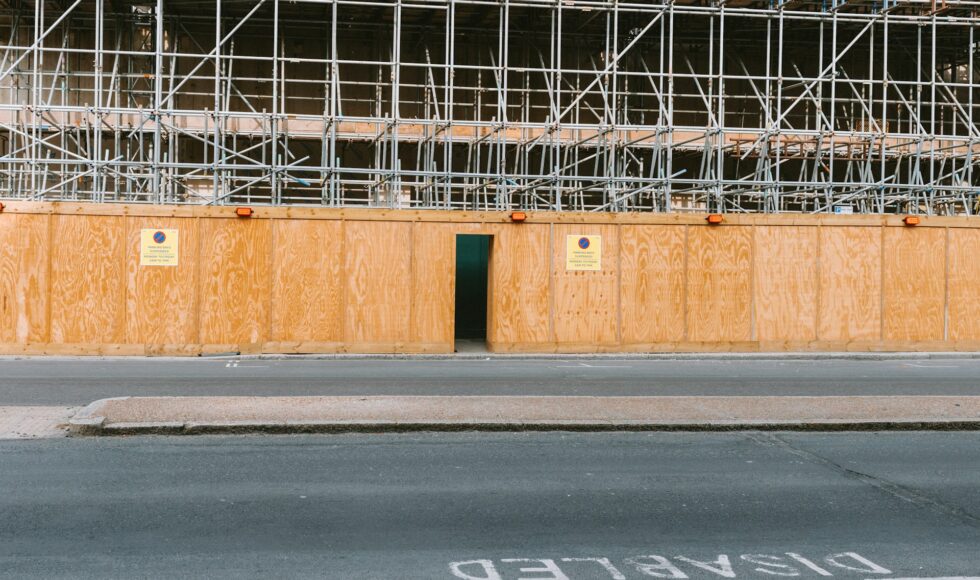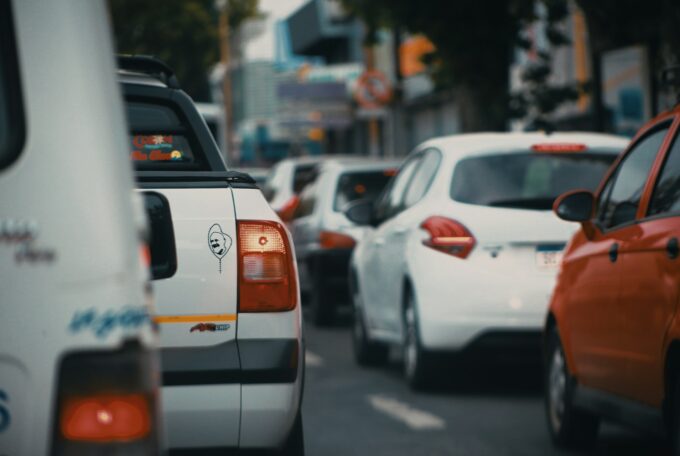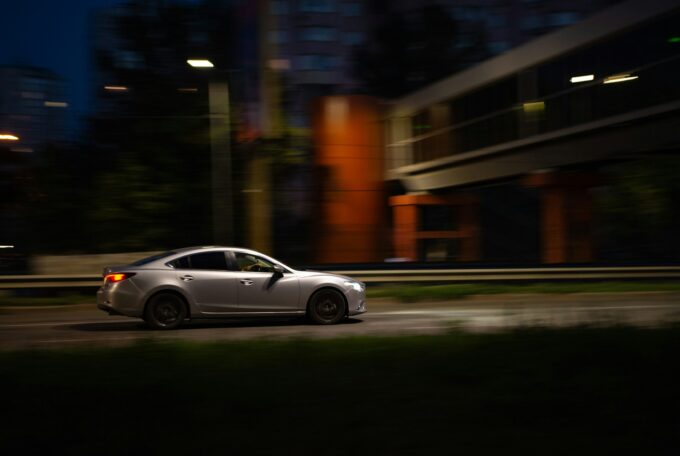Driving through a construction zone in Louisiana means more than just slowing down for orange cones and crew members. These areas often come with reduced speed limits, and law enforcement keeps a close eye on them. If you happen to speed through one, even unintentionally, the penalty can hit harder than a regular speeding ticket. Construction zones are considered higher-risk areas, so fines and consequences are often steeper.
What catches a lot of drivers off guard is how easy it is to miss the signs marking where the construction zone starts or to overlook a sudden change in the posted speed. This is especially true when workers aren’t present or the lane closures seem minor. But the law doesn’t make exceptions based on how obvious the setup is. That’s why defending yourself after getting one of these tickets matters. If you’ve been cited in a construction zone, it’s worth understanding the details and knowing what steps to take next.
What Counts as a Construction Zone Speeding Violation
A construction zone speeding violation happens when a driver exceeds the posted speed limit while traveling through an active or marked construction area. It doesn’t always require workers to be physically present at the time. If the signs are up and the zone is marked, the rules still apply. These tickets can hold weight, and they tend to come with added penalties since they’re considered safety-related.
Here’s how construction zone violations usually happen:
– Speed limit signs were temporarily lowered, but a driver missed or didn’t notice them
– The driver thought the construction zone wasn’t active because there were no workers in sight
– Confusing or worn-out signage led to driving at the regular speed without realizing the limit had changed
– A police officer or speed-enforcement device caught someone going just a few miles over the limit but still enough to count as a violation
– A driver sped up mid-zone because traffic appeared to be flowing faster than posted
Construction zones don’t always look the same. Some are short-term patch-ups with minimal indicators, while others are weeks-long highway projects with clear lights, cones, and barriers. No matter the size, law enforcement treats them seriously.
A good example is someone driving home from work on a route they take every day. Road work started that afternoon, and a new sign went up lowering the speed by 10 mph. The driver, without thinking, maintained their usual pace. Days later, a ticket arrived in the mail. That moment of inattention suddenly turned into a fine and added risk to their driving record.
Speeding in these zones doesn’t always mean a driver was reckless. It often comes down to unclear warnings or honest mistakes. Still, those tickets stack up fast and need to be handled right.
What To Do Right After Receiving a Ticket
If you received a construction zone speeding ticket, don’t brush it aside. There are steps you can take to protect your driving record and limit the impact. Waiting too long or ignoring it altogether can make things worse.
Here’s what you should do right away:
1. Read the ticket carefully
Check your name, vehicle info, location details, and the speed they claim you were traveling. Mistakes on a ticket aren’t rare, and they can sometimes help your case.
2. Recall the situation
Think about what the area looked like that day. Were there any signs posted? Could something have blocked your view of them? Was the weather affecting visibility?
3. Take photos if possible
If it’s safe and the zone is still set up, take pictures of the signage, road conditions, and anything that might be unclear. These photos may support your defense later.
4. Keep copies of everything
Save both a physical and digital version of the ticket and any notes or photos you gather. You’ll want all your info in one place if you decide to contest it.
5. Don’t miss the deadline
There’s usually a set date to respond. Whether you plan to plead or fight the charge, acting within the time frame protects you from added late fees or unwanted points.
Not responding to a construction zone speeding ticket can tack on extra costs or even lead to license issues. Taking quick action puts you in a better position to respond rationally rather than rushing later when options might be limited.
Legal Defenses For Construction Zone Speeding Tickets
Getting a speeding ticket in a construction zone doesn’t always mean it’s a done deal. Depending on your situation, there may be valid reasons to challenge the ticket. The key is recognizing what might not have been done right on the enforcement side, and how that could affect your case.
Here are a few common defenses that a traffic attorney might explore:
– Incorrect or missing signage
If the construction zone wasn’t clearly marked or the speed reduction wasn’t posted properly, that could be a major issue. Drivers have to be able to see and understand the new limits in time to adjust safely.
– Faulty speed detection
Radar units and speed guns can give faulty readings. If the device hadn’t been calibrated recently, or if there was interference from nearby vehicles or weather, it could produce a false result.
– Lack of workers present with conditional signage
Some signs read “When Workers Are Present.” If no one was actively working at the time of the alleged offense, that might be a valid point for your case. But not all construction zones include those specifics, so that’s something a legal advisor will need to check.
– Bad lighting or poor visibility
If visibility was low due to fog, darkness, or heavy rain and the signs weren’t clearly visible, that might affect how a court looks at the violation.
– Inaccurate or confusing ticket details
Typos, wrong location info, or mismatched time stamps on the ticket may raise questions. These kinds of errors don’t always get a ticket dismissed, but they can be part of a larger defense strategy.
Each case is different. What works as a defense in one situation might not apply to another. That’s where professional help matters most. Someone who knows the roads, the traffic court rules, and the way Louisiana handles violations like these can make a big difference.
Why A Louisiana Speeding Violation Attorney Makes A Difference
Fighting a construction zone ticket isn’t always easy to do on your own. Louisiana has specific rules that apply to these zones, and the penalties can add up quickly. Having someone who understands the process can help cut through the confusion and focus on what really matters.
An experienced Louisiana speeding violation attorney can:
– Review the facts of your ticket and identify errors or gaps
– Check local signage regulations to see if rules were followed on that stretch of road
– Build a strong defense based on police reports, photos, dashcam footage, or witness statements
– Negotiate with the court for a reduction in fines or to keep points off your license
– Represent you fully without you needing to be in court yourself in most cases
Let’s say someone was ticketed going 48 mph in a construction zone with a temporary limit of 35 mph. They insist they never saw the sign and believe it was missing. An attorney who knows that highway area may already be aware that that stretch had similar complaints in the past. This context could shape how the case is approached and increase the chance of a better outcome.
Working with a professional who deals with Louisiana traffic cases daily means you’re not trying to figure it all out while juggling deadlines, paperwork, and unfamiliar steps. They’ve got the experience to spot what matters and how to use it to help your case.
Protect Your Driving Record in Construction Zones
Letting a construction zone speeding ticket slide can lead to more headaches than it’s worth. Beyond the fine itself, you could be dealing with increased insurance rates or points on your license that stick with you longer than expected. That’s not something most drivers want to deal with, especially if there’s a way to reduce or dismiss the charge.
Speed limits in construction areas don’t always feel fair, especially when traffic seems to be flowing normally or work isn’t active. But from a legal standpoint, those posted limits count no matter what the situation looks like to the average driver. Courts expect drivers to pay attention to signage and follow temp limits, so any violation gets taken seriously.
If you’ve already gotten a construction zone ticket, or even one in the past that still lingers on your record, it’s not too late to get help. There may still be ways to address it, reduce the penalties, or build a case that shows the violation wasn’t as clear-cut as it seemed.
Taking care of it now, instead of waiting or hoping it’ll go away, helps protect your record and your peace of mind for the road ahead.
If you’ve been hit with a ticket in a work zone, acting quickly makes a big difference. Getting guidance from a Louisiana speeding violation attorney can help protect your driving record and cut down on stress. The team at LouisianaSpeedingTicket.com is here to walk you through the process and fight for the best possible outcome.





